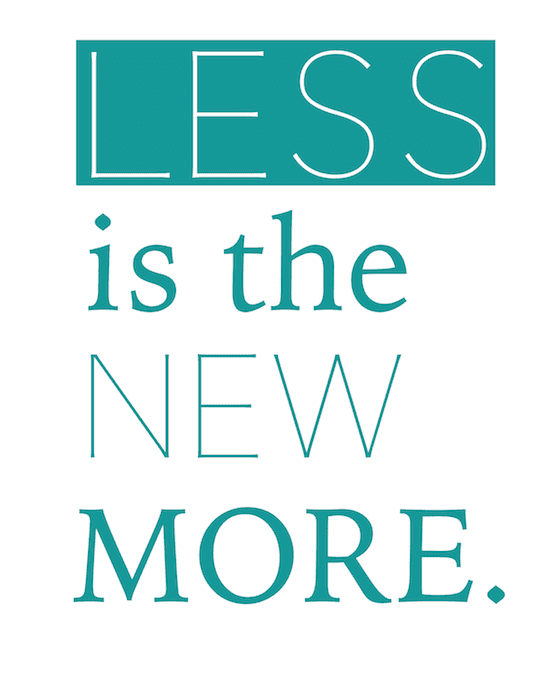The older we get, the more responsibilities we seem to have. We have to handle our lives, our jobs, and our family and somehow manage everything to the best of our ability. It is difficult to be a responsible adult. However, nothing is impossible. Did you know it can actually negatively affect your life if you are not a responsible person?
Today we will discuss ten ways you can become a more responsible person in life.
1) Stop blaming others
It is very easy to point your fingers and blame somebody for the education or the job that you did not get. Admit you actually failed and take the time to think back about the real reason you actually failed. By looking for excuses, and shifting the blame to someone/something else you are actually being irresponsible.
2) Stop being negative
Negative thoughts tend to be overpowering. It makes us think that is impossible to achieve whatever it is that we want to achieve. Actually, it is just tends to be in our head. We can do anything once we put our mind to it. Remember impossible is nothing. Try to keep a positive attitude and with that you will start to have more positive thoughts as well.
3) Do not complain
You fill yourself with negativity if you keep complaining about everything around you. Instead of nagging and complaining about all your problems, think about ways you can solve them. It is time to stop complaining and start taking action.
4) Be on time
"Early is on time, on time is late, and late is unacceptable!" - Eric Jerome Dickey
You have to be punctual if you want to be regarded as a responsible adult. When you show up on time to an event or a meeting, you are showing the other person that you take him/her seriously and are not going to waste their time by showing up late.5) Be organized
Plan your day out. Write down what you need to get done in the day. This will help you be organized and keep you on your toes. You can also use calendar apps and note taking apps for your convenience. By having things written down or on your phone, you can visually track your progress towards your goals and not forget anything.
6) Be consistent
Have a schedule and try to stick to it as much as possible. It helps to be organized as I mentioned above. Routine means order. Having order in your life shows that you are responsible. It shows people that they can depend on you.
7) Be self-disciplined
"When there is a will, there is a way." - English Proverb
Now this depends on your willpower. How determined are you to make the change in your life? You have to push yourself to become a more responsible person. If you are determined, then you can definitely make it happen. Being self-disciplined is a learned trait which will result in you having more control over yourself.
8) Admit your mistakes
Nobody is perfect. Everyone makes mistakes in life. We have to see ourselves and recognize both the good and the bad. Try to improve yourself and make yourself a better person instead of living in denial. Do not blame others for the mistakes in your life. Be accountable for your own actions.
9) Do not procrastinate
Try not to put things off till the last moment. It just will not be your best work. It is better to make a schedule and start working on projects ahead of time. It shows that you are serious about the project you need to get done and are not just interested in getting it done just for the sake of it.
10) Plan ahead
If you want to go backpacking in Asia, do it! Nothing is stopping you except you. This applies to anything whether it be a promotion in your job or following your dream. Stop looking for excuses and start taking action.






